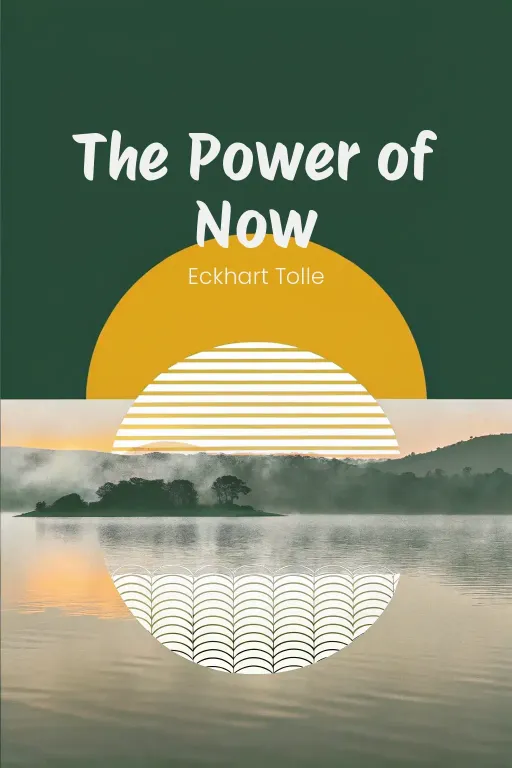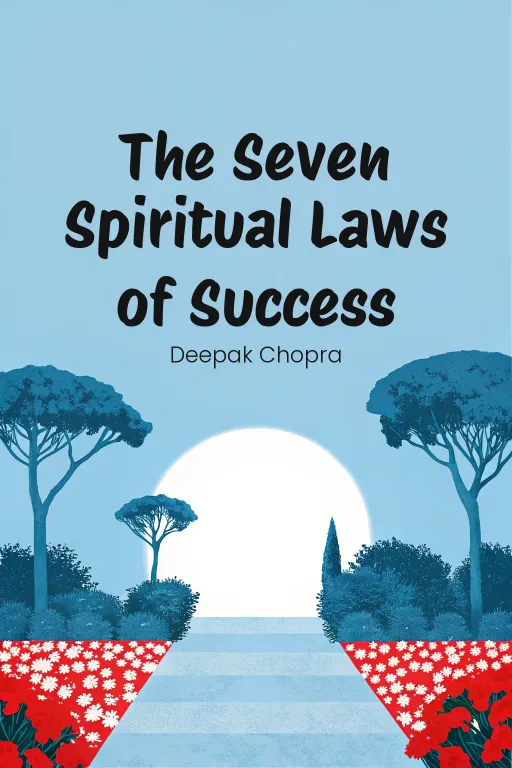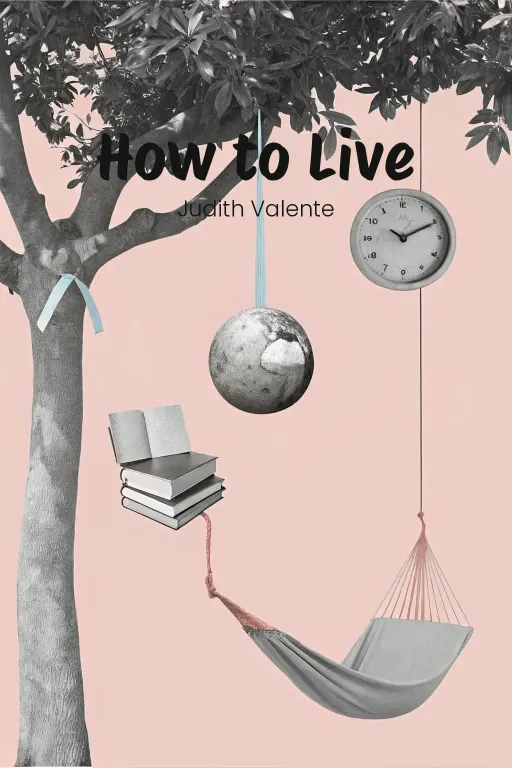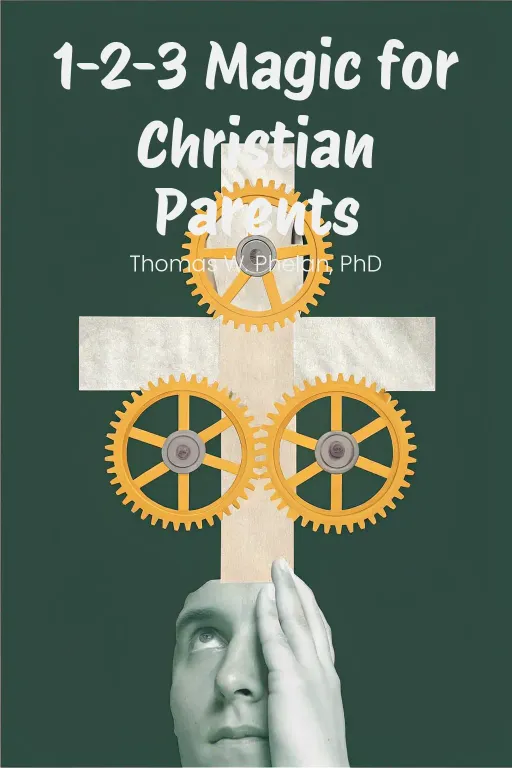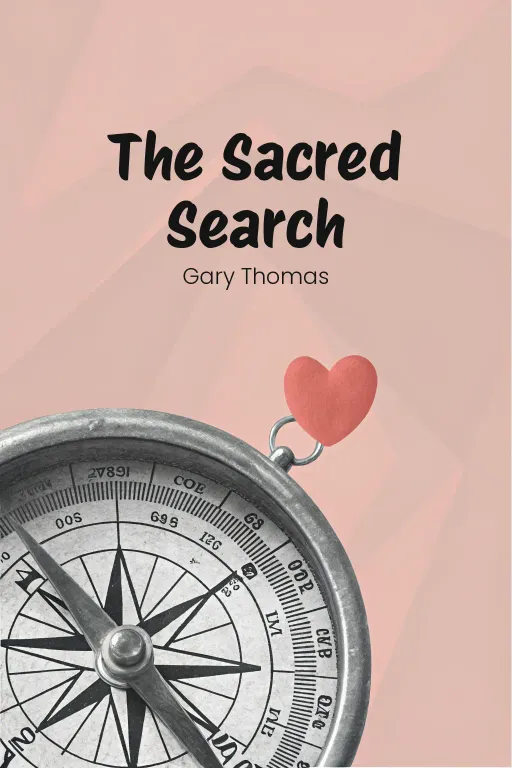
Find Your Spark: Skills + World Needs
Podcast by The Mindful Minute with Autumn and Rachel
A Pocketbook Guide to Fulfilling Your Dreams
Find Your Spark: Skills + World Needs
Part 1
Autumn: Hey everyone, and welcome back! Today we're tackling something we all grapple with: finding meaning and achieving success. Ever stopped to really think about what it means to live a life with purpose? Or how matching your unique skills with what the world actually needs can bring you real joy? Then you're definitely in the right place. Rachel: Yeah, and let’s face it, this whole "living your purpose" thing can sound a bit…out there, right? Like it's only for enlightened gurus or something. But what if it's actually much simpler than we think, and, dare I say, already within our grasp? That's where our topic today comes in. Autumn: Exactly! We’re diving into The Seven Spiritual Laws of Success by Deepak Chopra. It's such a great mix of spiritual insights and practical advice, helping us line up what we do with what we truly intend. Chopra lays out seven laws, that touch on everything from connecting with your truest potential, to giving, setting intentions, letting go, and ultimately, finding your dharma, or your purpose. Rachel: Right. And today, we're focusing on the Law of Dharma – which boils down to discovering what makes you uniquely you and then using those gifts to make a difference. We're going to break it down into three bite-sized pieces. First, how to actually figure out your special something. Second, how to link those talents to real-world needs. And finally, how to truly live and breathe your purpose. Autumn: It’s like putting a puzzle together – your natural talents, what the world needs, and the joy you get when those two things connect. It’s a really powerful, yet deeply personal, recipe for fulfillment. Ready to jump in, Rachel? Rachel: Absolutely! I mean, who doesn’t want to crack the code to the whole "purpose" thing? Let's do it.
The Law of Dharma (Purpose in Life)
Part 2
Autumn: Okay, let’s dive into the Law of Dharma. Essentially, it's about recognizing that each of us has a unique purpose, a specific role that only we can truly fulfill. It's not about being the best in a competitive sense, but discovering what makes you uniquely “you”. Deepak Chopra refers to it as aligning with your "higher self," which makes sense. Rachel: Right, but the initial hurdle is figuring out what that purpose even is, isn't it? When people hear "unique purpose," they often envision something grand and world-altering. Like…curing a disease or discovering a groundbreaking energy source. But what about those of us whose passions are, well, a little more low-key? Autumn: Exactly! Dharma isn't necessarily about grandeur; it's about authenticity. Chopra emphasizes that step one is discovering your unique talents. We all have natural gifts that set us apart, and sometimes, those gifts feel so natural that we don't even recognize them as extraordinary. Rachel: Okay, lay an example on us. Autumn: Sure. There's Anaya, who Chopra mentions in his book. She worked in the corporate world for years, but found it unfulfilling. Through journaling and introspection, she realized that her true calling was painting. Rachel: Hold on, though. How does someone go from, "I like painting" to "This is my purpose"? Because, let's be honest, a lot of us have hobbies we enjoy, but we don't necessarily see them as connected to something bigger. Autumn: That's a really good point. Here's where self-reflection comes in. Anaya didn't just enjoy painting—it gave her a sense of flow, a feeling of timelessness and complete immersion. She realized it was a gift that allowed her to connect with others emotionally. When she began creating art for spaces like hospitals, she saw how it could uplift and even heal people. That connection transformed her talent into a purpose. Rachel: Right, so it's not just about liking something, but asking yourself: "How can this gift serve others?" Okay, makes sense. But say you do identify that talent. What then? Just knowing isn't enough, I imagine. Autumn: Right, because that's only the first part. The second piece is aligning your talents with service. It's not just about personal fulfillment, but directing those abilities outward. Think of Muhammad Yunus, the founder of the Grameen Bank. Rachel: The micro-loan guy, correct? Autumn: Exactly! He studied economics and realized that his knowledge could address a significant issue: poverty. So, he used his expertise to create a system that empowered communities that traditional banks ignored. It wasn't about personal gain; it was about using his skills to make a real impact. Rachel: Alright, fair enough. But someone's probably thinking, "That's great for economists and painters, but I'm pretty sure my Excel skills won't solve world hunger." How can the rest of us align our talents with service in a practical way? Autumn: I hear you, and actually, it doesn't have to be this monumental endeavor. Service can start small. Imagine someone who's a whiz at organizing—they could transform a cluttered nonprofit office, making it more efficient. Or teachers, right? They shape young minds every day; their work embodies purpose through consistent contributions. It's about the meaningful connection, not the scale. Rachel: So, less "change the world overnight" and more "bring your unique skills to whatever you do." Autumn: Exactly. It's about finding the intersection of what you're good at, what you love, and what the world needs—like the Japanese concept of Ikigai. Chopra simplifies this with a guiding question: "How can I help?" The shift from "How can I get?" to "How can I give?" is what transforms a talent into a life of purpose. Rachel: Okay, I'm following you. But here's puzzle piece number three: How do you sustain that purpose? We all know people who start with incredible passion, hit a roadblock, and suddenly their dream fizzles out. Autumn: Right, and that's where embodying purpose through service comes in. Chopra emphasizes that living your Dharma isn't a one-time thing - it's a daily practice. It requires consistency, humility, and a real shift in mindset. Rachel: So, it's not a "lightbulb moment" you have once and then coast on forever? Autumn: Definitely not. It's like a muscle—you have to strengthen it by showing up every day. A teacher who sees their role as shaping future generations will find deeper fulfillment than one who's just going through the motions, right? It's about approaching what you do with love, not just obligation. Rachel: I see what you're saying. Purpose becomes more than just a grand vision; it's something that manifests in the small, everyday things, too. Autumn: Exactly. Someone like Sudha Varghese is a prime example. She dedicated her life to empowering marginalized Musahar girls through education, right? But more than that, she built a life of daily service, often amidst resistance and setbacks. That level of commitment is what makes Dharma so transformative. Rachel: And thinking about it from a business perspective, the founder of Patagonia did this on a corporate scale. High-quality gear paired with a purpose-driven mission to save the planet—their version of Dharma became their entire business ethos. Autumn: Right, and it shows how Dharma can extend beyond individuals. It can transform communities and organizations when aligned with a higher purpose. Rachel: That's pretty inspiring, but before we wrap up, we should probably acknowledge the elephant in the room—the challenges! Like, fear of failure, societal pressures, financial constraints… Autumn: Totally valid. Living your Dharma isn't always easy. Fear and resistance are natural parts of the journey, right? But Chopra encourages us to focus on courage over perfection. Start small, build a support system, and move forward one step at a time. Rachel: So, it's about progress, not overnight results. Got it. Autumn: Exactly! Living your Dharma is about integration—aligning self-awareness with meaningful action and service. When you're able to find those overlaps, life just feels more abundant and connected, you know? Rachel: Well, if this law is about living a more meaningful life, I have to admit—it's a pretty compelling blueprint.
Conclusion
Part 3
Autumn: Wow, Rachel, what a powerful conversation we just had! We really dove deep into the Law of Dharma—understanding that each of us has a unique purpose, discovering our inherent talents, and channeling them into service for others. It's truly a blend of self-discovery, love, and contribution that creates a sense of real fulfillment. Rachel: Absolutely, Autumn. But, you know, some people might hear "Law of Dharma" and think it's some grand, unattainable thing. I think the key takeaway here is that living with purpose doesn’t have to mean reinventing the wheel or saving the planet single-handedly. It’s about authenticity. Figuring out what you’re naturally good at, aligning it with what brings you joy, and then using that to make some kind of impact, no matter how small. Autumn: Exactly! And Dharma really thrives on that connection – the connection between your gifts and the needs of the world. So, here's our call to action for today: Let’s all spend a little time reflecting on our own unique talents. Ask yourself, "What truly brings me joy? What comes effortlessly to me? And, importantly, how might I use that to serve others?" Even taking one small step toward aligning with your purpose...it could be a conversation, a new habit, or simply jotting down your ideas. Rachel: I love that. So, if someone's listening and thinking, "Okay, I get it, purpose is important, but how do I actually find mine?" Where do they even start? Autumn: The most important step is to get honest with yourself about what you really enjoy doing. Try new things, explore different hobbies, and don't be afraid to step outside of your comfort zone. Rachel: Good point. And just remember – Dharma isn’t a race or a destination. It’s about showing up every day with intention and a spirit of service. Start small, stay curious, and who knows? That elusive “purpose” might already be closer than you think. So what could be the challenges to discover your purpose? Autumn: Yeah, I think sometimes fear can hold us back. We might be afraid to pursue our passions because we're worried about failure or what other people will think. But it's important to remember that you don't need to have everything figured out right away. Just take things one step at a time, and trust that you'll find your way. Rachel: Beautifully said, Autumn. With that, let’s step into each day with purpose and meaning, knowing we’re contributing to something greater than ourselves. Until next time, everyone—live aligned, live fulfilled. Autumn: Thank you all for joining us! Rachel: See you next time, folks. And don’t forget—your purpose is waiting for you to discover it.

